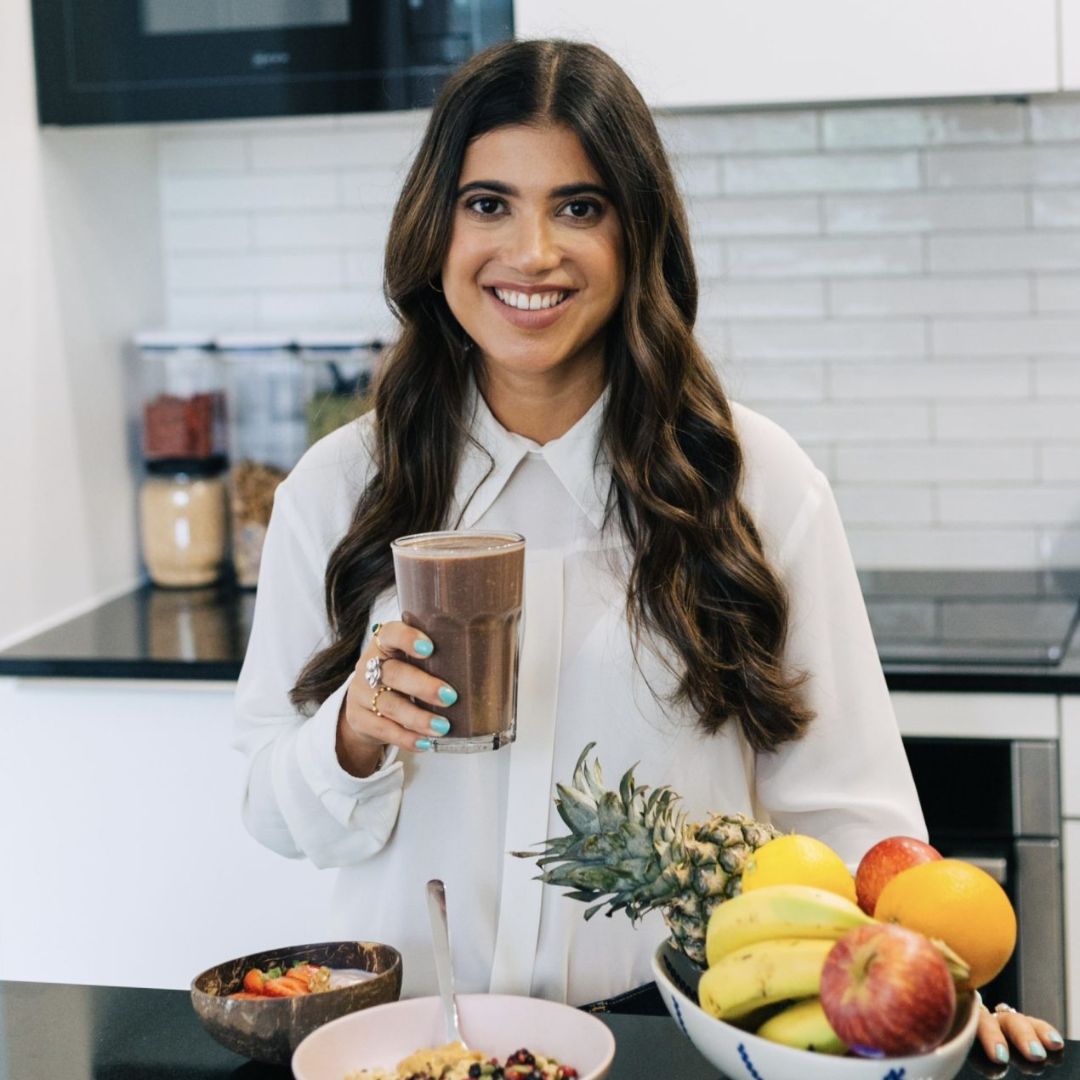Table of Contents
Benefits of prebiotics
Research into our gut microbiome is ongoing so it is likely that we don’t yet know all the benefits of prebiotics, but a few things that we do know are that they…
- Help regulate bowel movements
- Produce neurotransmitters that help your gut and brain trigger mood changes and other processes
- Stimulate the production of appetite and fullness hormones
- Supporting the immune system and the anti-inflammatory responses
- Enhancing the production of good bacteria while reducing harmful bacteria
- Help your bones absorb calcium and phosphorus which can improve bone density
Types of prebiotics
Resistant starches
Inulin
Pectin
Sources of prebiotics
All prebiotics originate from plant sources! So if you consume a balanced diet full of fruit and vegetables, you’re probably eating a lot of prebiotics already.
Here are 7 great sources and a bit about why they’re so good for you:
1. Chicory root
Approximately 68% of chicory root fibre comes from the prebiotic fibre inulin which improves digestion, gut transit and helps control blood glucose levels.
2. Dandelion greens
They are packed with fibre including inulin, which helps nourish your gut microbiota.
3. Garlic
Garlic promotes the growth of Bifidobacterium, and prevents pathogenic bacteria growing.
It has anti-tumour properties and helps to lower blood glucose and reduce the risk of cardiovascular disease.
4. Onion
They are rich in inulin and fructo-oligosaccharides, which help support your immune system and have antioxidant properties.
5. Bananas
Unripe, slightly green bananas have plenty of resistant starch, which has prebiotic effects.
6. Apples
These are rich in pectin, a soluble fibre, that can promote a healthy gut as it increases the production of SCFAs.
7. Flaxseeds
These are rich in prebiotics, encourage regular bowel movements and contain phenolic antioxidants.
Top Tip: The best way to improve your consumption of prebiotics is to build up slowly – prebiotics create gas in your gut so eating too many can create uncomfortable symptoms! Gradual introduction will help prevent this and improve your tolerance over time.
About the author - Eli Brecher



